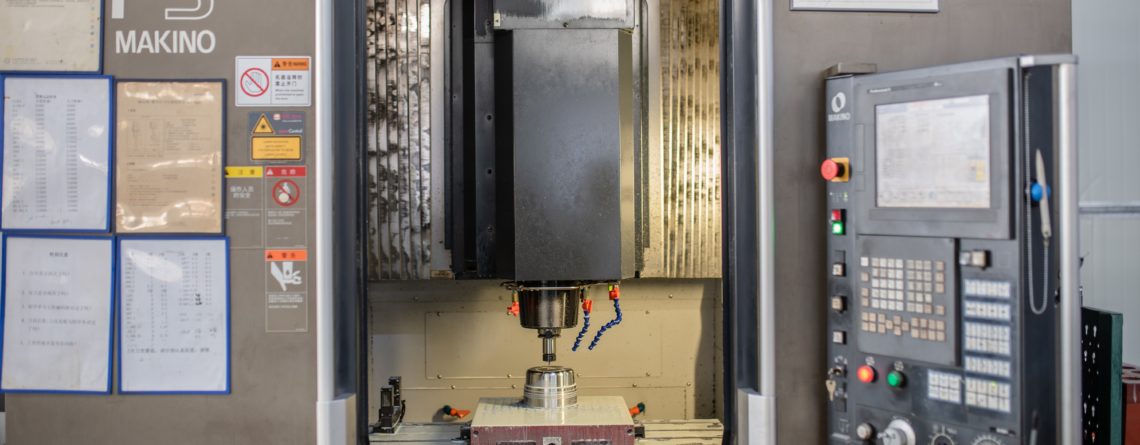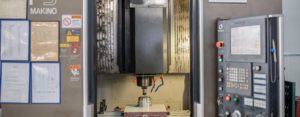What is rapid manufacturing?
The term rapid manufacturing is used to summarize different methods and manufacturing processes that serve the fast and flexible production of prototypes and series parts. It is understood that the production will imply to use non-conventional tools directly reading the available CAD data. This requires professional automation software with which the manufacturing process can be controlled and monitored. The choice of the right program depends to a large extent on the part to be manufactured. In addition, a distinction is made between special CAD software that uses existing model data and reads it out and 3D modeling software.
Overview of the rapid manufacturing process
We would like to take a closer look at some of the processes that are frequently used in connection with rapid manufacturing: CNC machining and sheet metal prototyping.
CNC processing:
In CNC machining, a part is produced using numerically controlled milling or drilling machines, which is manufactured out of a plastic or metal block. The method is used when a one-off production/prototype for functional tests is required but also for low-volume production in the right material. For more information, we invite you to check out these two pages about our plastic CNC machining and metal CNC machining services.
Sheet metal manufacturing:
In sheet metal manufacturing, sheets are processed by cutting, folding or other processes. This creates particularly diverse parts made of aluminum, steel or brass in various thicknesses, sizes, and shapes. For prototyping and low-volume manufacturing, more information is available on our sheet metal manufacturing page.
Which materials are suitable for rapid manufacturing?
The materials used in connection with rapid manufacturing are extremely diverse. Traditionally, glass, plastics, metal or ceramics are used. In recent years, however, more and more new materials such as UV-curing sol-gel have found their way into the market. The process is used to produce micro components and systems for larger components in parallel. So, it is possible by means of simulation to check the product in a virtual stage even before the actual production and to take measures for optimization if necessary. In addition, effective use of materials creates a wide range of options for companies to manufacture products quickly and exactly according to the existing specifications and at relatively low costs.
What is rapid manufacturing compared to rapid prototyping?
In contrast to rapid prototyping, rapid manufacturing does not only produce models but end products that are intended for use under real conditions. With the help of various additive manufacturing processes such as stereolithography, laser melting or selective laser sintering, high-resolution 3-D objects are created directly from the existing CAD data. Due to the variety of possibilities regarding the selectable materials, it is also possible to adjust the mechanical properties of the manufactured parts and small series as desired beforehand. In this way, the functionality of the parts can be extensively tested, and valuable tests related to the desired product can be obtained through appropriate tests.
Do You Have Questions? Our team is happy to help you!
Prototech Asia is your experienced expert when it comes to developing prototypes that are as close to series as possible. We have modern production facilities that enable us to manufacture individual pieces or small series of up to a few thousand parts. If you have any questions about rapid manufacturing or rapid prototyping, our competent staff will be happy to help. We will explain in detail what options you have with our technologies and discuss together which solution is the best for your latest project. Contact us now – we look forward to receiving your request!


